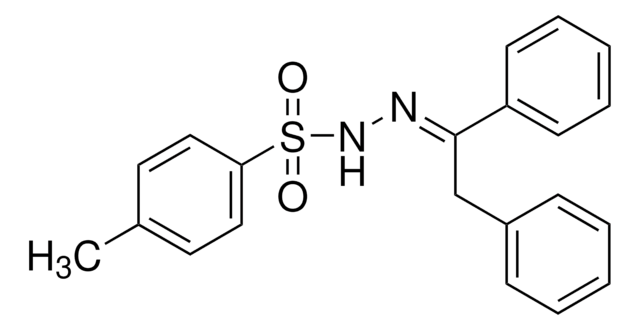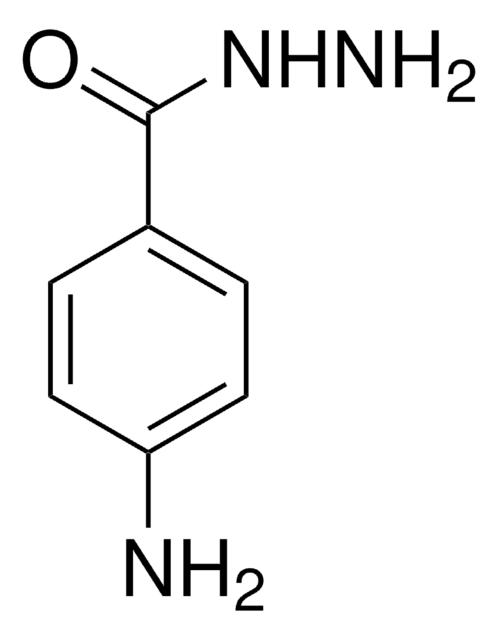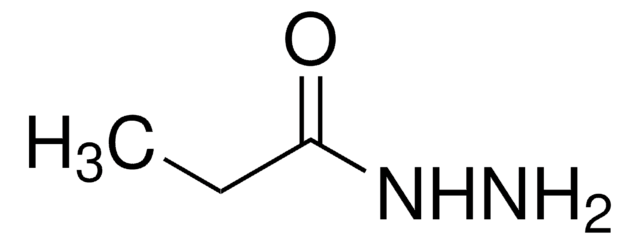SML2608
CSRM617 Hydrochloride
≥98% (HPLC)
Synonym(s):
(2,3,4-Trihydroxyphenyl-methylidene)-hydrazino-2-amino-3-hydroxy-1-propanone hydrochloride, 2-Amino-3-hydroxy-N′-(2,3,4-trihydroxybenzylidene)propanehydrazide hydrochloride, 2-[(2,3,4-trihydroxyphenyl)methylene] serinehydrazide hydrochloride (1:1)
About This Item
Recommended Products
Assay
≥98% (HPLC)
form
powder
storage condition
desiccated
color
white to beige
solubility
H2O: 2 mg/mL, clear
storage temp.
−20°C
SMILES string
OC1=C(C=CC(O)=C1O)C=NNC(C(CO)N)=O.Cl
InChI key
YBUPSOQAGSOATG-UHFFFAOYSA-N
Biochem/physiol Actions
Signal Word
Warning
Hazard Statements
Precautionary Statements
Hazard Classifications
Aquatic Acute 1 - Aquatic Chronic 1 - Eye Irrit. 2 - Muta. 2 - Skin Sens. 1
Storage Class Code
11 - Combustible Solids
WGK
WGK 3
Flash Point(F)
Not applicable
Flash Point(C)
Not applicable
Choose from one of the most recent versions:
Certificates of Analysis (COA)
Don't see the Right Version?
If you require a particular version, you can look up a specific certificate by the Lot or Batch number.
Already Own This Product?
Find documentation for the products that you have recently purchased in the Document Library.
Our team of scientists has experience in all areas of research including Life Science, Material Science, Chemical Synthesis, Chromatography, Analytical and many others.
Contact Technical Service










